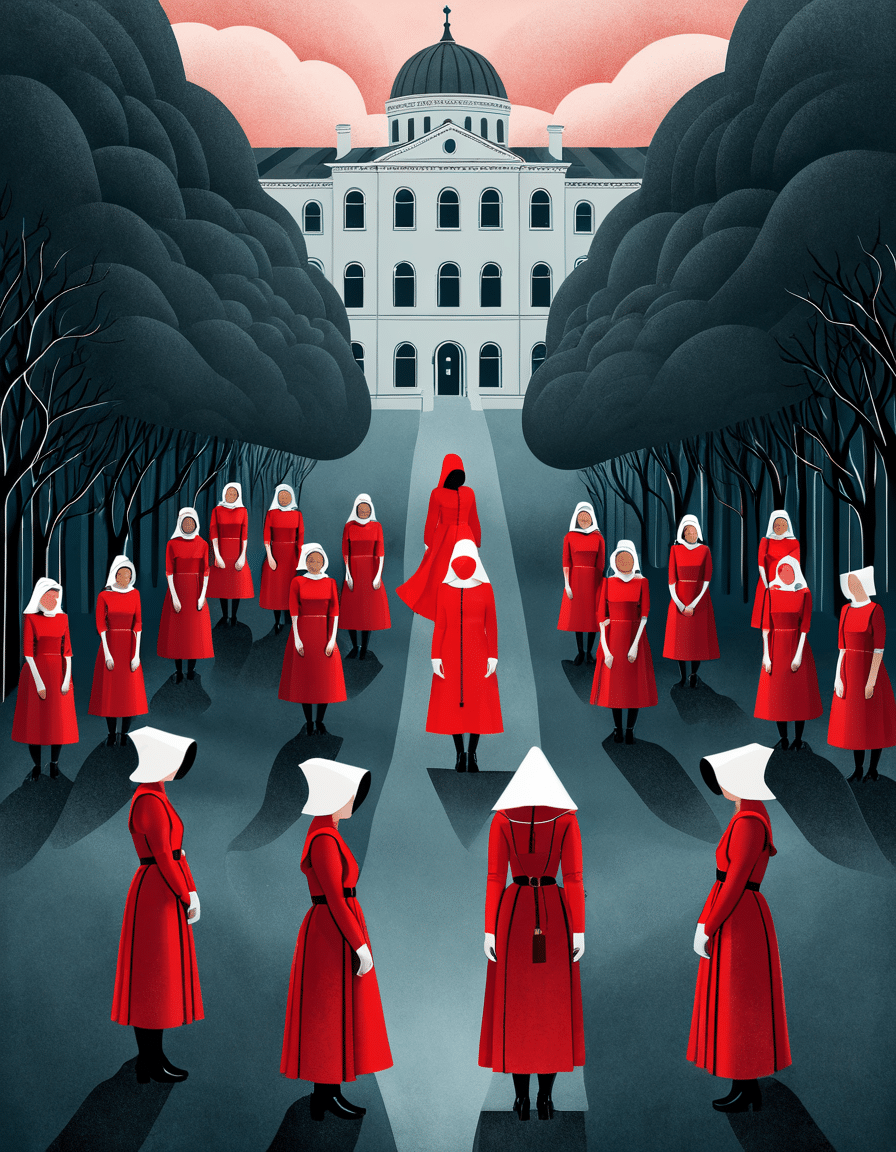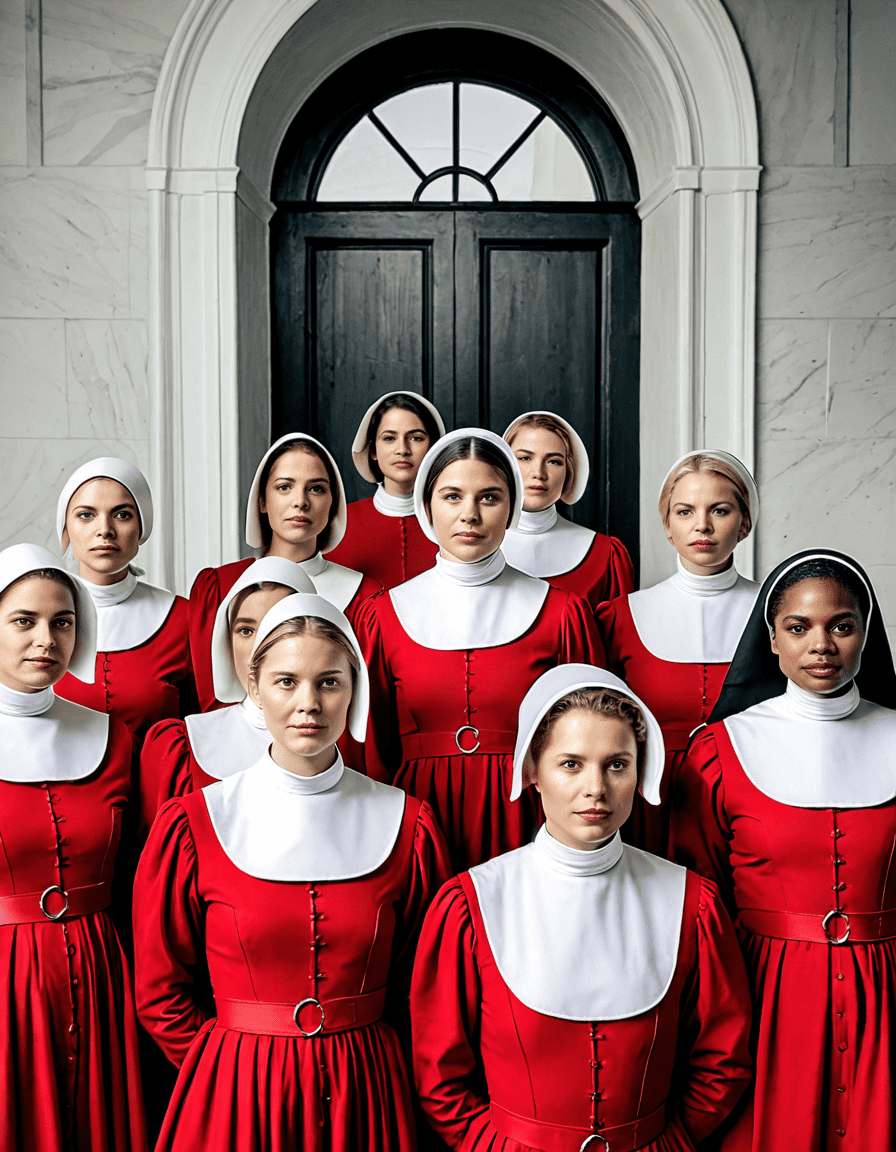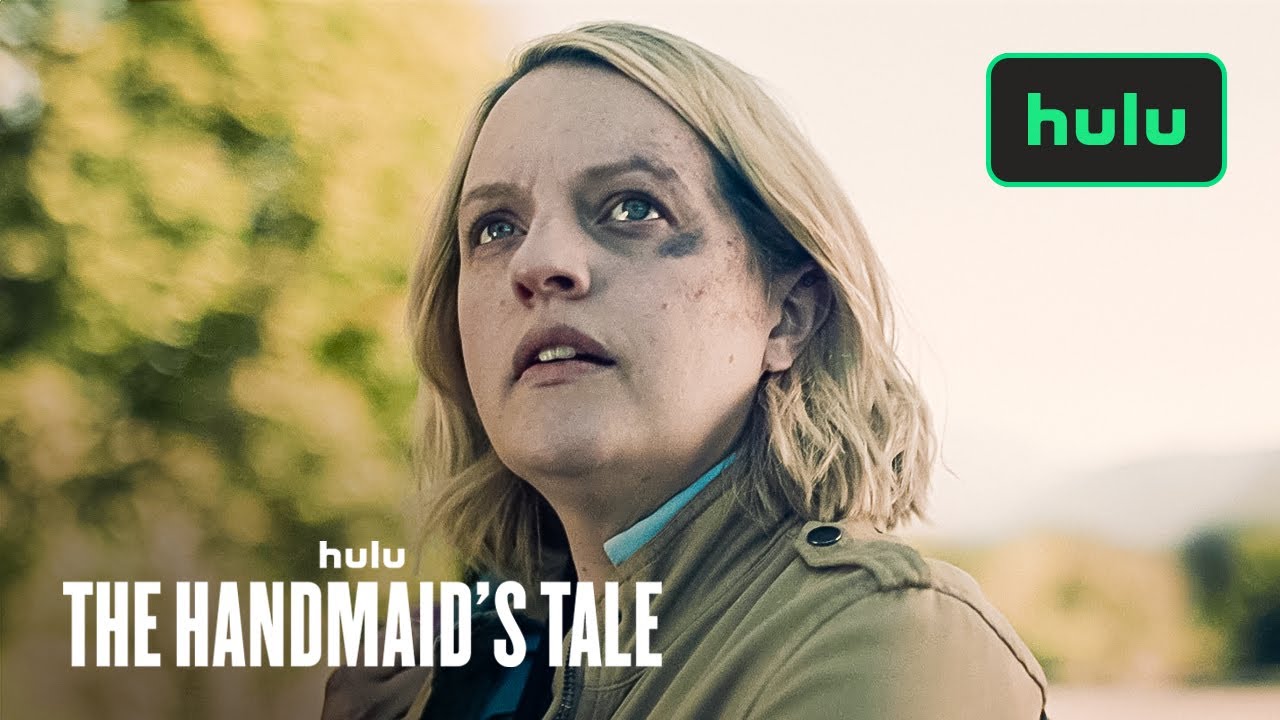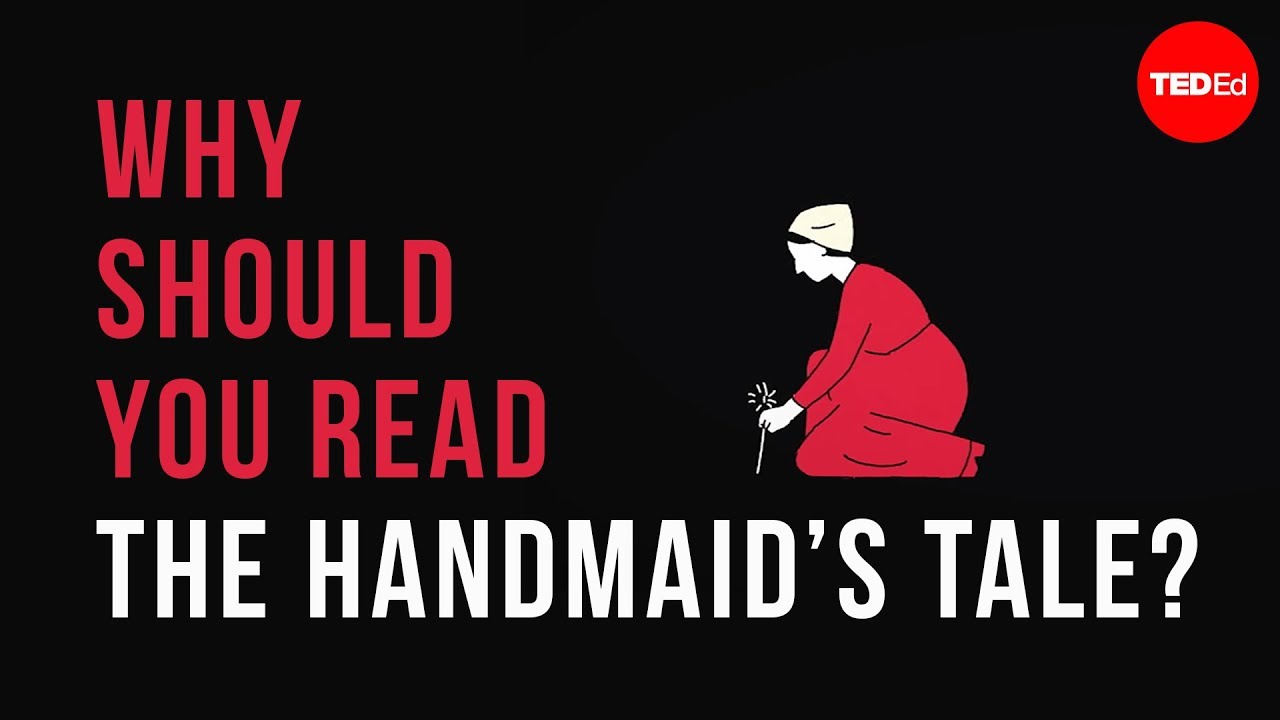When we talk about The Handmaid’s Tale, we dive into a gripping world steeped in a chilling reflection of our own society. While Margaret Atwood’s masterpiece has unnervingly gripped readers since its debut, the televised adaptation has magnified its impact. With stunning visuals, powerful performances, and a narrative that’s both entertaining and alarming, The Handmaid’s Tale forces us to confront the uncomfortable realities of gender, autonomy, and power dynamics. In a world where the rise of authoritarianism seems to lurk ever closer, it’s essential to dissect the disquieting truths presented in the story. Here are five of the most disturbing truths that The Handmaid’s Tale sheds light upon.
Top 5 Disturbing Truths Revealed in The Handmaid’s Tale

1. The Fragility of Women’s Rights
From the outset, the Handmaid’s Tale shows just how quickly women’s rights can crumble. In Gilead, the protagonist, Offred, highlights the terrifying speed at which autonomy can be stripped away when authoritarian rule is in play. The real world isn’t too far behind. Recent political developments in states like Texas and Alabama grab our attention, as anti-abortion measures echo Gilead’s chilling policies. The story encourages us to remain vigilant since complacency can lead to dire consequences.
2. Religious Extremism’s Role in Society
The chilling intertwining of religion and governance in Gilead serves as a cautionary tale. Just like in real-life instances involving groups such as the Quiverfull movement—who advocate for large families based on their interpretation of biblical teachings—the show exposes how oppressive ideologies can seep into politics. The Handmaid’s Tale encourages viewers to question: how far should religious beliefs influence public policy? With debates heating up around these issues today, we’re reminded of the balance between belief and governance.
3. The Impact of Surveillance on Personal Freedom
The Handmaid’s Tale paints a picture of a society under the omnipresent gaze of Big Brother. This incessant surveillance resonates with our digital age, where every click, tweet, and post is monitored. Real-world scandals—like Cambridge Analytica—highlight how personal data can be weaponized, creating a society where manipulation thrives, echoing Gilead’s control strategies. The show beckons us to ponder how much of our everyday lives are monitored and how that affects our personal freedoms.
4. The Commodification of Reproduction
In Gilead, women are reduced to mere vessels for childbirth, a concept that resonates with today’s surrogacy debates. The rising costs of raising children and the affordability of fertility treatments heighten concerns surrounding reproductive rights. Brands like Nestlé have faced criticism for aggressively marketing their products towards new mothers, drawing attention to how society tends to commodify motherhood. The Handmaid’s Tale challenges us to reflect on these ulterior motives and the implications they carry.
5. Resistance and Solidarity in the Face of Oppression
At its core, The Handmaid’s Tale emphasizes the significance of resistance against tyrannical forces. The uprising depicted in the narrative mirrors real-world movements like #TimesUp and the Women’s March, which demonstrate the power of collective action in the face of adversity. These movements remind us that when confronted with injustice, unity can yield powerful results. The series demonstrates that whether through protests or grassroots activism, solidarity can disrupt even the toughest of regimes.
The Handmaid’s Tale in Popular Culture: Legacy and Impact
The impact of The Handmaid’s Tale reverberates far beyond the screen, shaping popular culture in transformative ways.
Film and Television Adaptations
On Hulu, the ongoing series adapts Margaret Atwood’s work for a modern audience, threading contemporary issues into the storyline. Similarly, the rights to the graphic novel adaptation highlight how The Handmaid’s Tale continues to be relevant, bridging the gap between fiction and reality while maintaining strong narratives. Such adaptations ensure Atwood’s warnings remain in the cultural conversation.
Fashion and Symbolism
The striking visuals of the handmaid costumes have made their way into fashion events, most notably at the Met Gala. Designers are inspired by the stunning yet haunting aesthetics, using the attire to spark dialogue around feminism and political activism. Brands like Kate Spade incorporate elements from the show into their collections, promoting awareness for women’s rights in the process. The costumes serve more than just a cinematic purpose; they are symbols of protest.
Activism Boost
The Handmaid’s Tale has become a rallying cry for activism, with memorable quotes and powerful imagery featured at protests against restrictive abortion laws. These instances illuminate the urgency for women’s rights, making clear that the battle for autonomy is far from over. As long as these issues simmer in society, the series stands as a timely reminder of the work left to be done.

The Future of The Handmaid’s Tale and Society
As we peer into 2026, the relevance of The Handmaid’s Tale grows more pronounced. The themes of gender oppression, surveillance, and resistance are not fading. As stories evolve, they remind us of the past while urging us to stay vigilant against new waves of oppression. With these themes resonating deeply, The Handmaid’s Tale offers a cautionary tale that compels us to protect our rights, challenge complacency, and strive for societal change.
In a society where narratives shape perspectives, the truths embedded within The Handmaid’s Tale will continue to provoke thought. As long as these challenges persist, we owe it to ourselves to keep the dialogue flowing. The series is a call to arms, an invitation to think critically, and a light shining on the path toward a more equitable society. For any avid consumer of cinema or literature, the lessons within The Handmaid’s Tale are not only crucial; they are life-altering.
Handmaids Tale: Trivia That Stirs Reflection
Disturbing Inspirations
Did you know that the chilling atmosphere in The Handmaid’s Tale draws inspiration from real events? Margaret Atwood, the author, based her dystopian world on historical oppressions experienced by women. This backdrop feels eerily relevant, especially in light of current discussions around women’s rights. Speaking of impactful figures, one can’t mention social change without tipping a hat to Harry belafonte, whose vibrant career and activism resonate with the themes of the show. (And yes, you can catch more on him here.)(
Much of Gilead’s oppressive structure also mirrors past fears, like the Cold War. Atwood has said that she wanted to reflect on human nature’s darker sides. It’s a grim reminder that fiction often holds a mirror to society’s truths. This brings to mind various unsettling narratives, similar to those explored in 50 Shades Darker, where power dynamics result in complex relationships. Be careful how these themes intertwine in modern storytelling!
Unforgettable Casting Choices
The casting in The Handmaid’s Tale truly elevates the material. Did you know that the actress who plays Offred, Elisabeth Moss, has a background in both drama and horror? This versatility allows her to capture the character’s nuances beautifully. Moss’s ability to convey fear and resilience echoes the emotional weight felt in The Good doctor cast, where performers tackle heavy themes about life and decision-making. Intrigued? You might find it fascinating to see how different characters navigate their moral dilemmas in a high-stakes environment.
Let’s not forget the art direction that sets the tone throughout the series. Gilead’s unsettling color palette, much like a Salvador Dali painting, provokes a visceral experience for viewers. It’s as if each scene is a brushstroke of unease, drawing you in to contemplate the implications of this transformed society. Such artistry urges us to reflect — much like the deep connections crafted in stories told across genres, from thrillers to heartfelt dramas.
Cultural Conversations Sparked
Not only does the Handmaid’s Tale provoke thought, but it also ignites discussions about freedom and autonomy in today’s context. Take a look at how societal expectations influence women’s roles — this mirrors narratives from Breaking News chicago, which highlights various societal issues. Furthermore, Xxxcom has undertaken an interesting approach to relate current events back to cultural phenomena like this iconic series.
This series pushes boundaries and will likely stimulate more conversations in the years to come. As society evolves, it’s crucial to engage with such media critically. And let’s not overlook the essential theme of resilience—much akin to how characters in Mitchell’s Fish Market stand firm despite challenges. With its blend of gripping storytelling and thought-provoking commentary, The Handmaid’s Tale remains a haunting reflection on our world.








